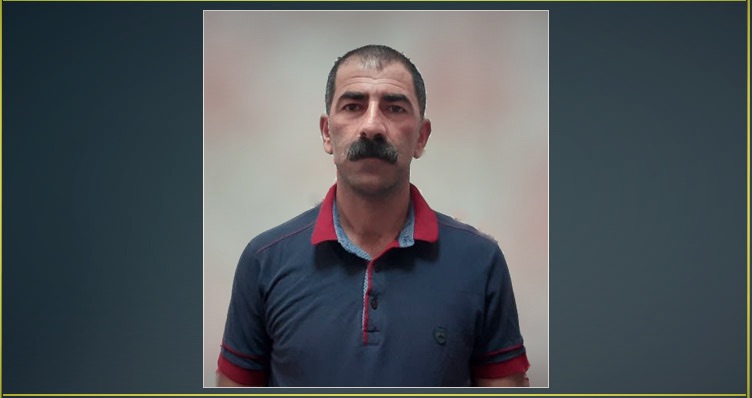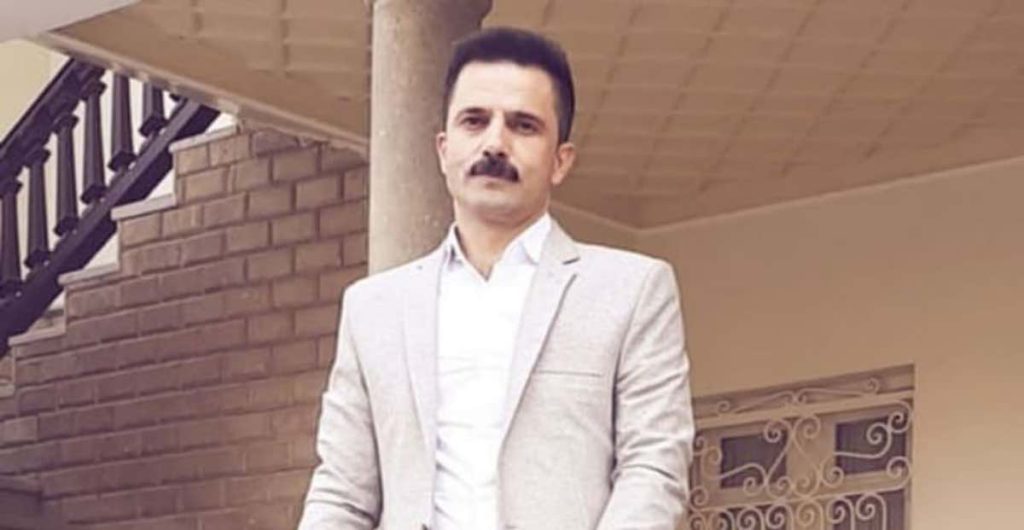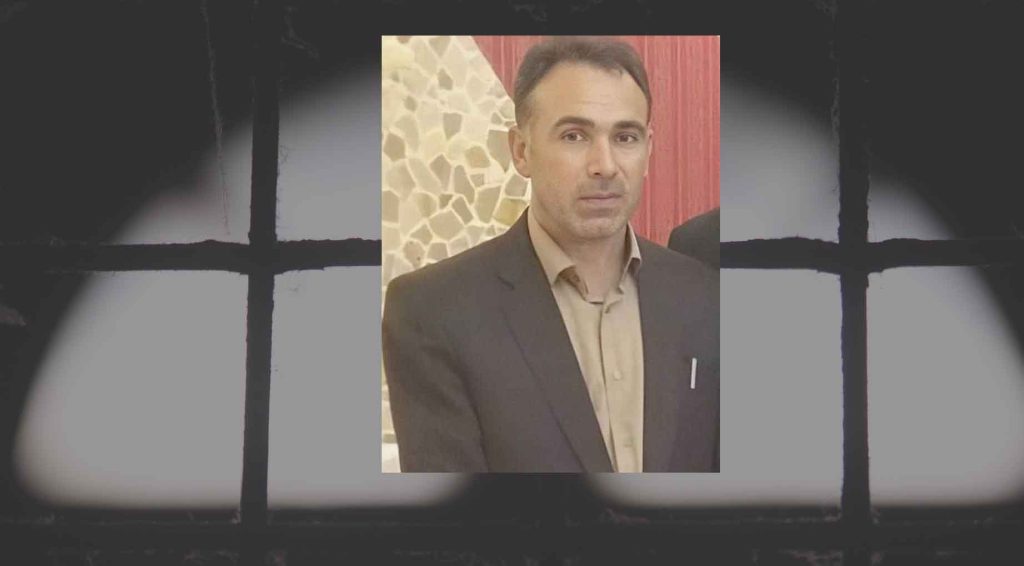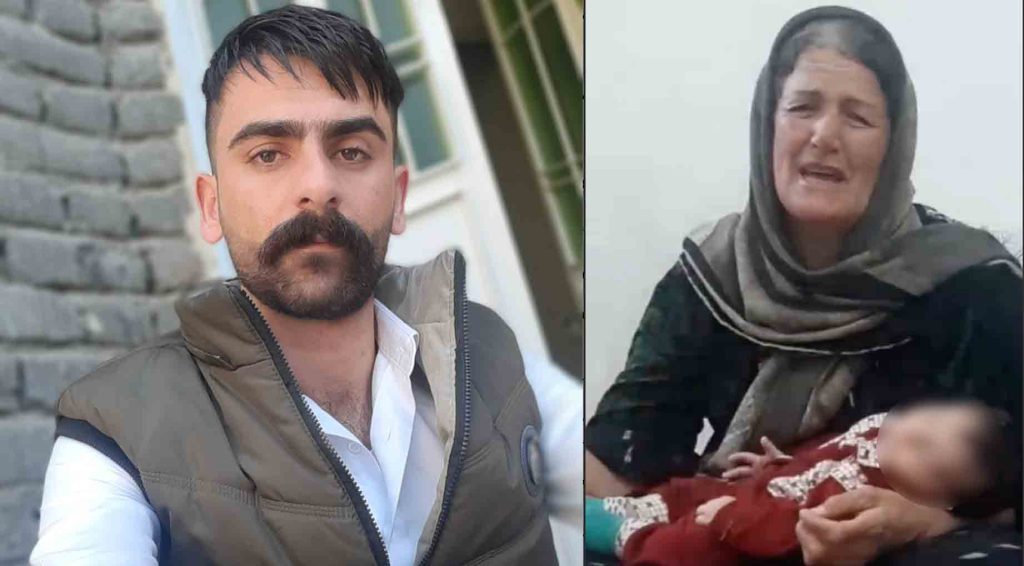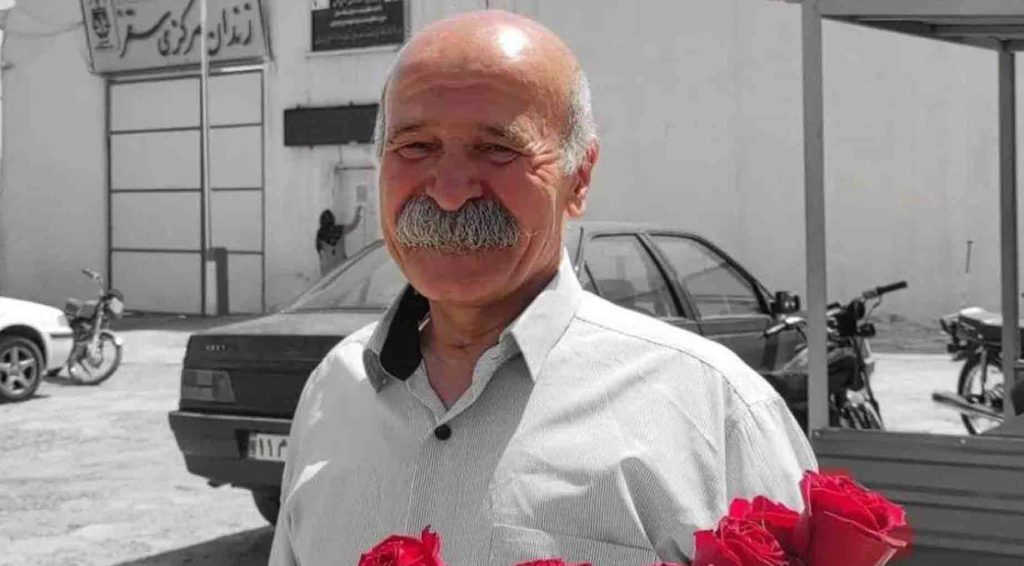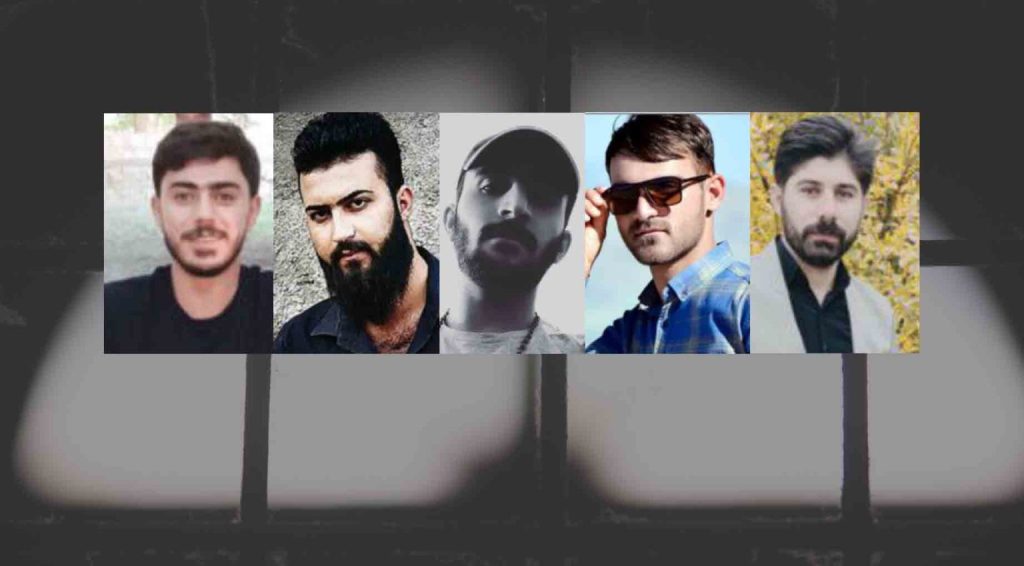Kurdish political prisoner Nayeb Askari fainted after having a seizure today in the new high-security ward of Iran’s Orumiyeh prison, but prison officials opposed providing him medical treatment.
All prisoners of conscience, who were transferred to the ward, have been denied access to medical services.
Askari, who has been suffering from kidney disease for the past few months, had a seizure caused by a hunger strike he had gone on and his long-term detention in solitary confinement.
The political prisoner lost conscience and despite efforts by other prisoners, he was not taken to the prison infirmary.
Askari went on a hunger strike for three days in August 2021 as a court order had not been issued for his transfer to a hospital outside the prison to undergo the necessary tests.
He also went on a hunger strike in December 2021 along with 46 other prisoners of conscience to protest against their transfer to the prison’s new security ward.
After their transfer to the new ward, Askari was taken to the detention centre of the Ministry of Intelligence in Orumiyeh. He was returned to prison a few weeks later.
On 24 March, the Islamic Revolutionary Guard Corps (IRGC) arrested Askari in Orumiyeh. He was taken to Orumiyeh Central Prison after three months in detention.
Reportedly, he lived in the Kurdistan Region of Iraq for the past several years.
In 2018, during his stay in the Kurdistan region, the Islamic Revolutionary Court of Orumiyeh sentenced him to the death penalty in absentia. It charged him with “enmity against God” (Moharebeh) through “membership in the Kurdistan Free Life Party (PJAK)”.
However, the status of this case is still unclear. During Askari’s detention in the Intelligence Organisation of the IRGC, security interrogators informed him that he would face a retrial.
Separately, in early August, a court sentenced Askari and two other Kurdish political prisoners, Keyhan Mokarram and Nayeb Hajizadeh, to 50 lashes and three months in prison.
The sentence came after the head of Orumiyeh Central Prison filed a complaint, accusing the prisoners of “disrupting the prison order” due to their involvement in a fight between several political prisoners and general crime prisoners.
The case was filed following the beating of a Kurdish political prisoner by general crime prisoners.

